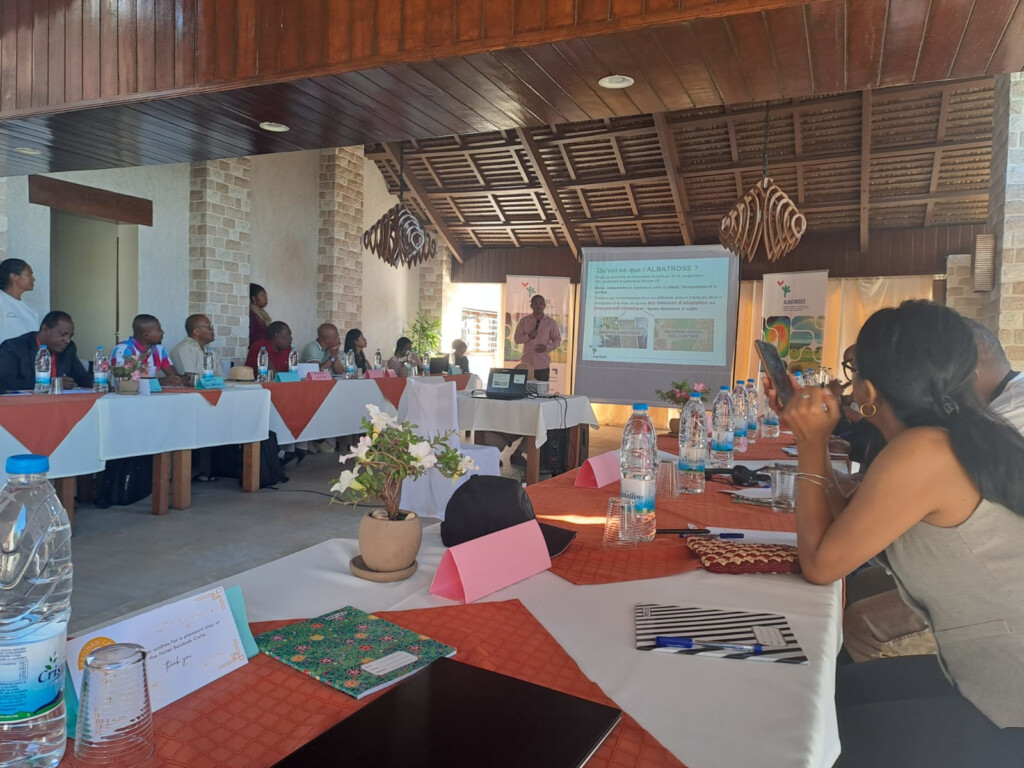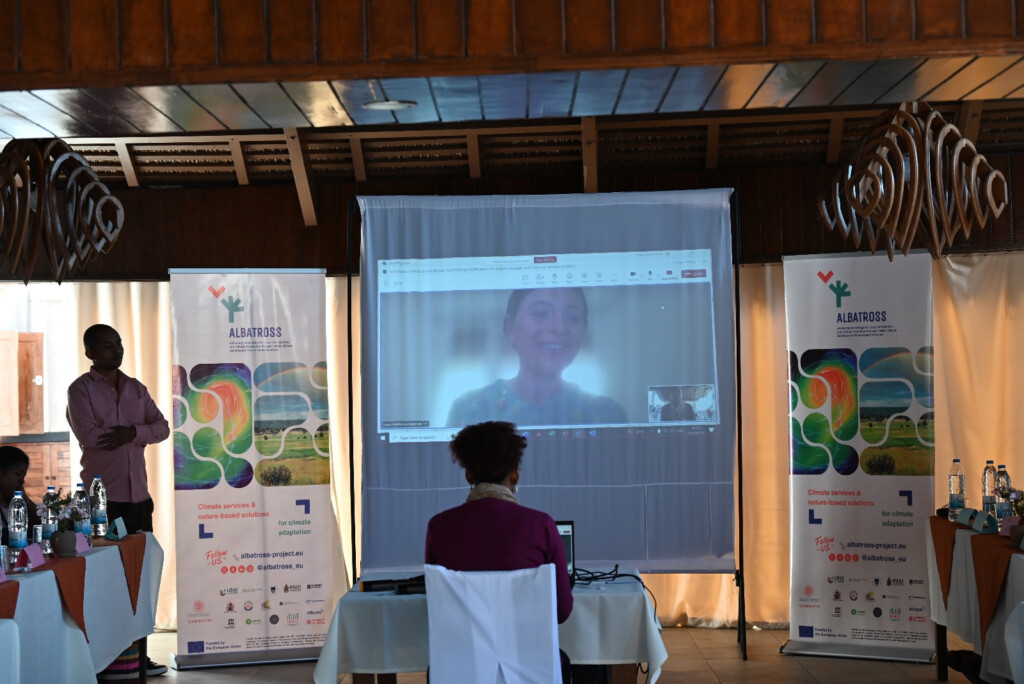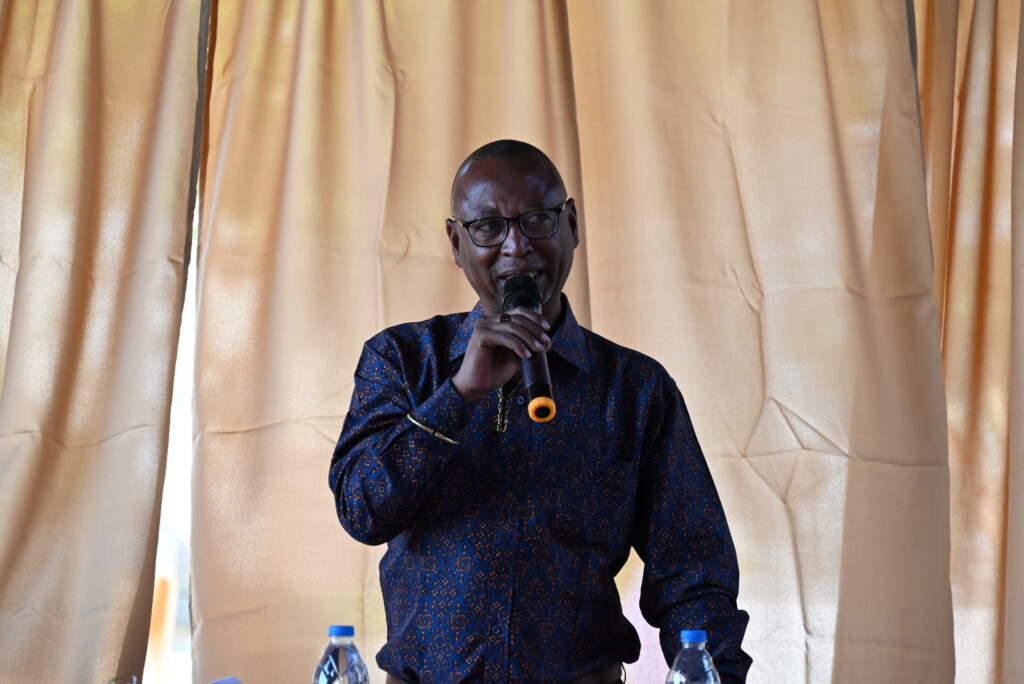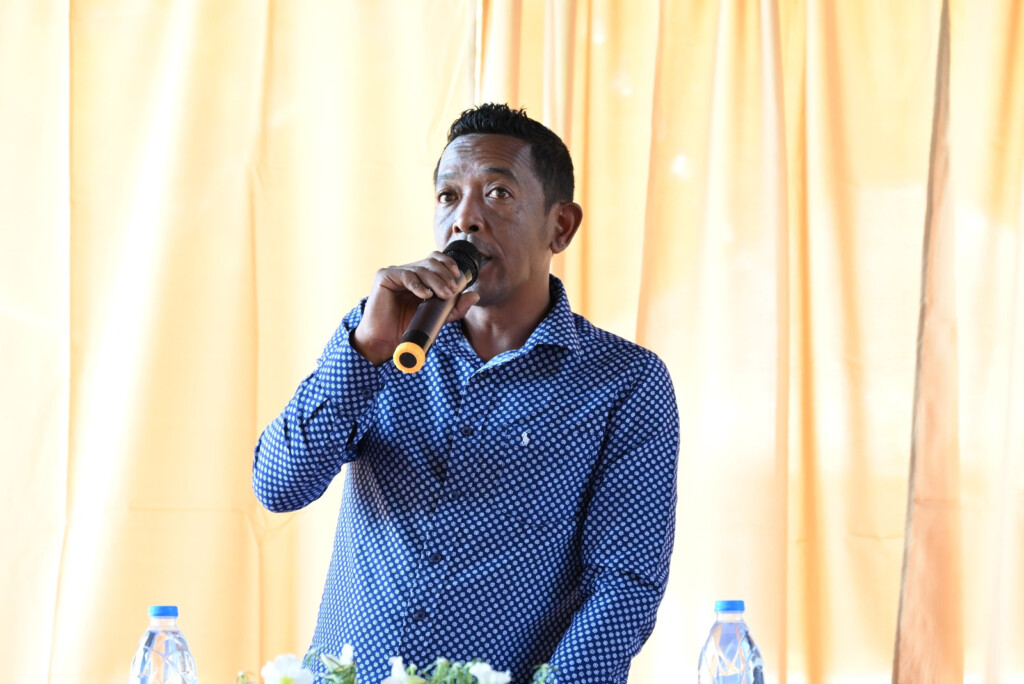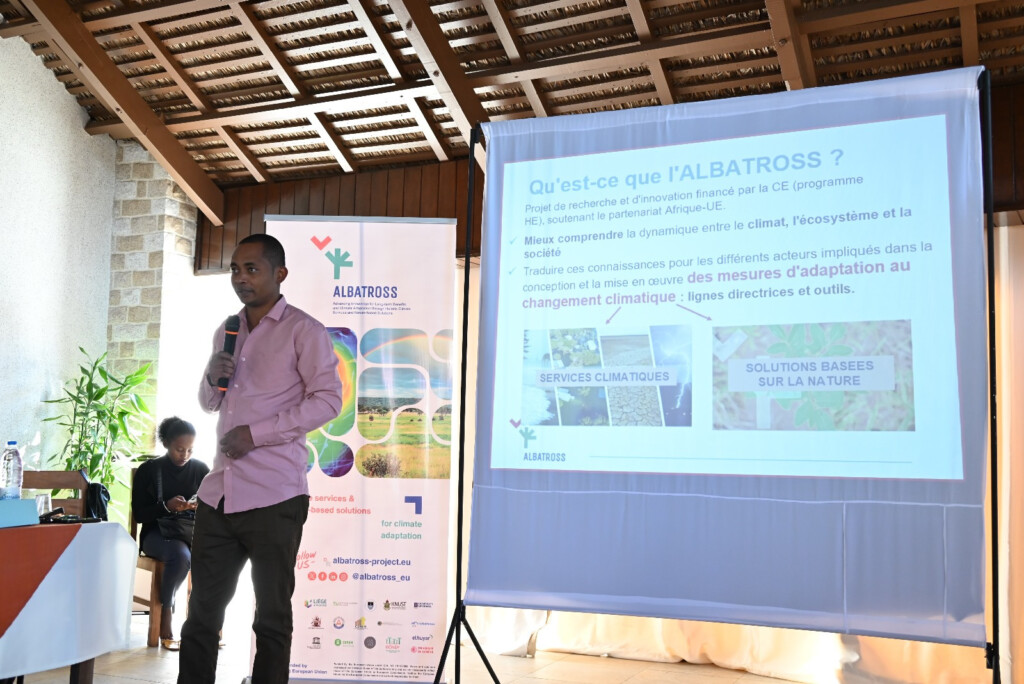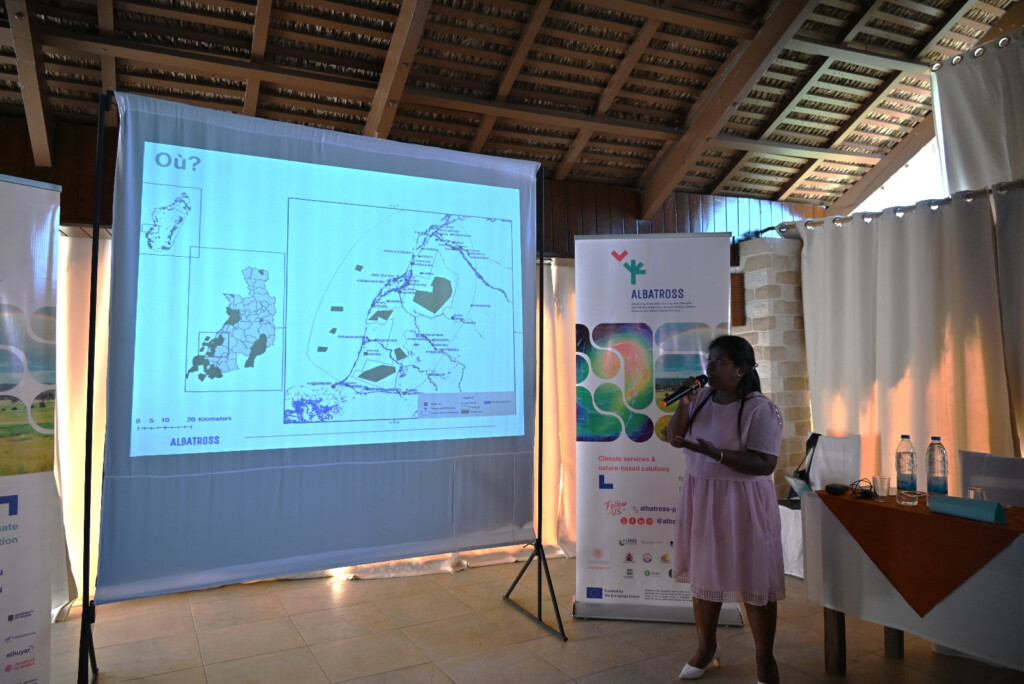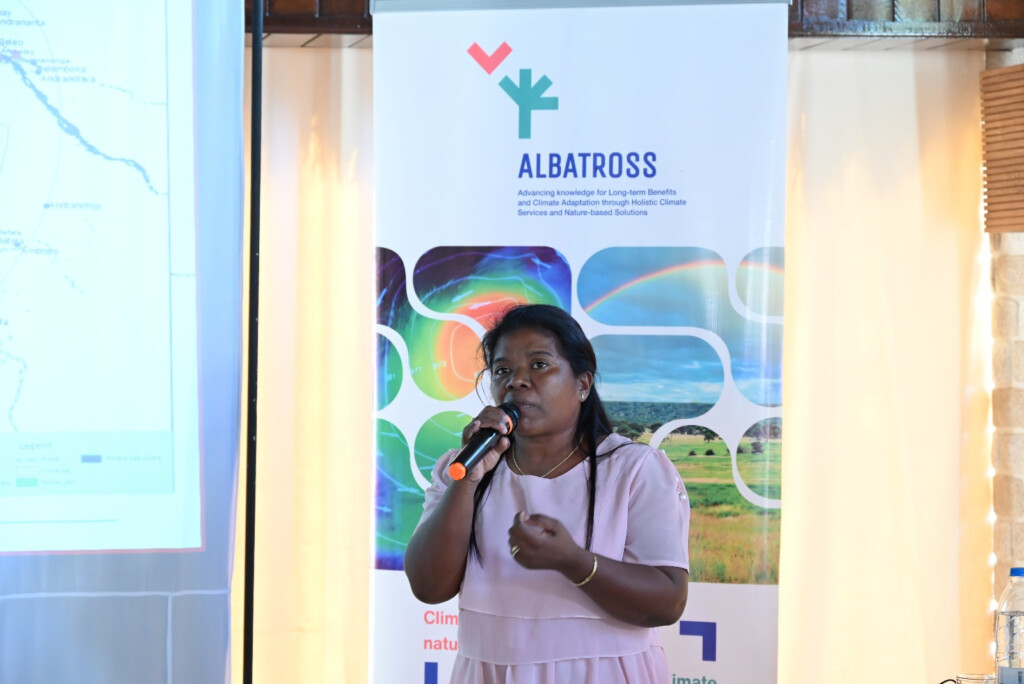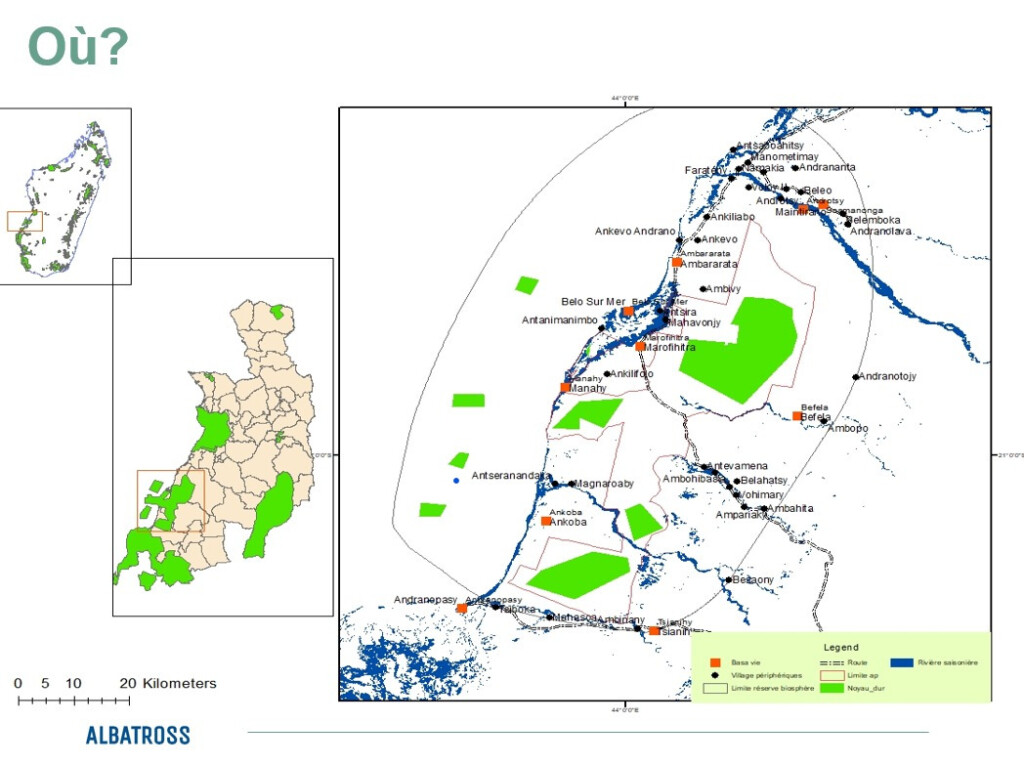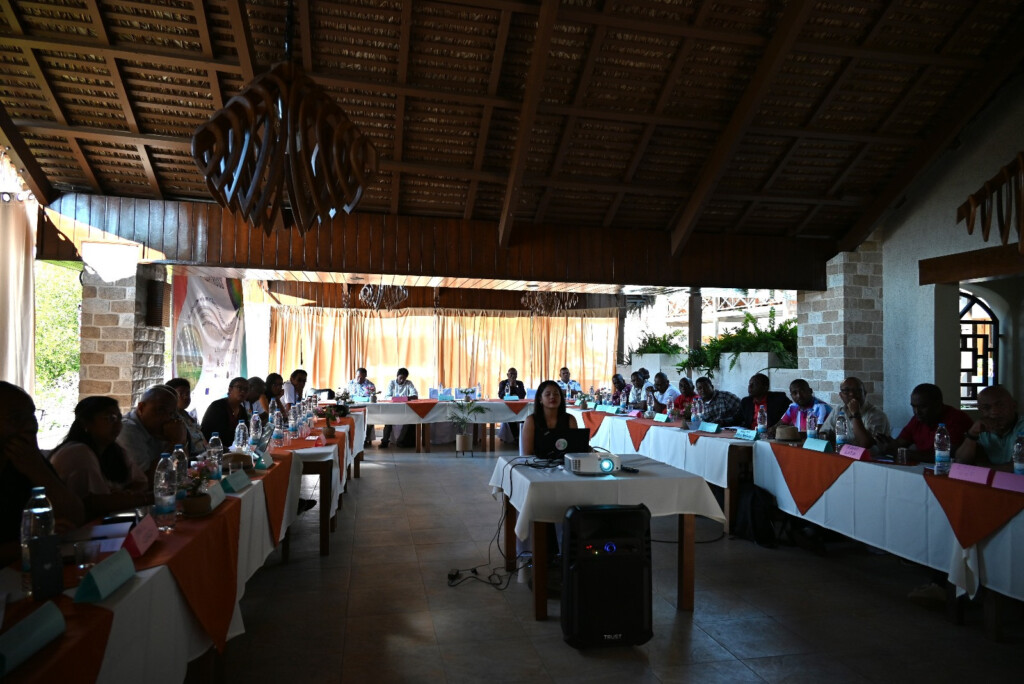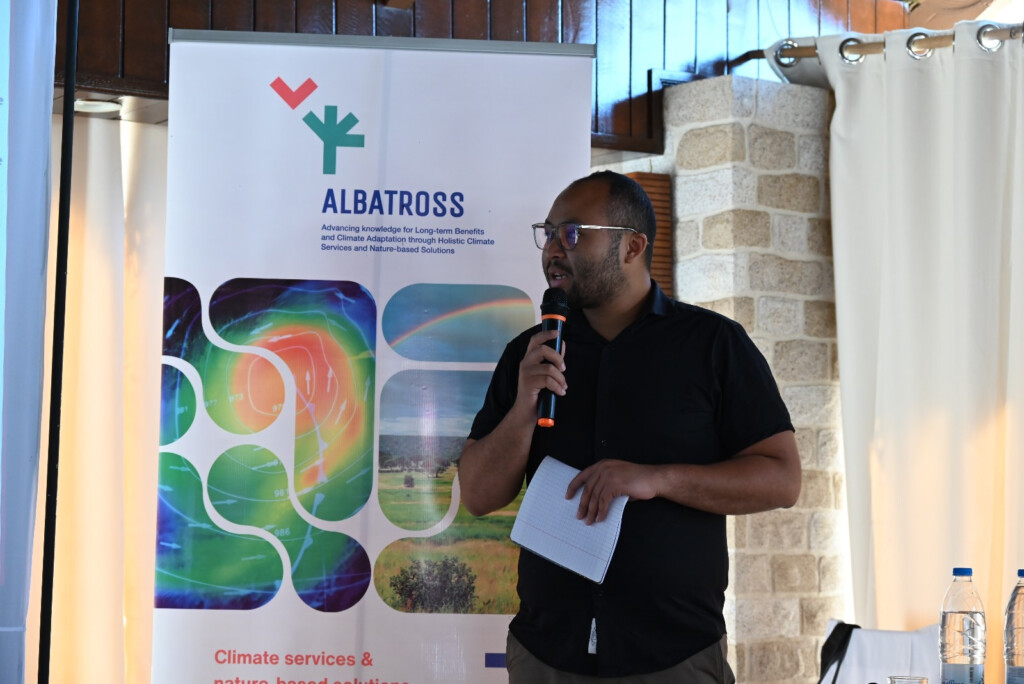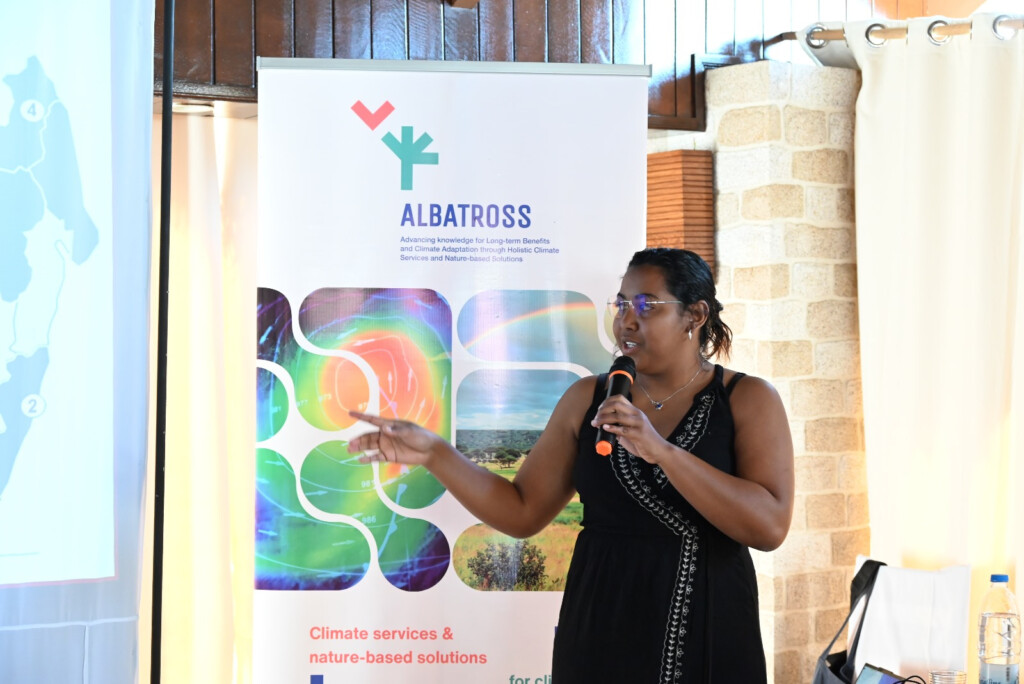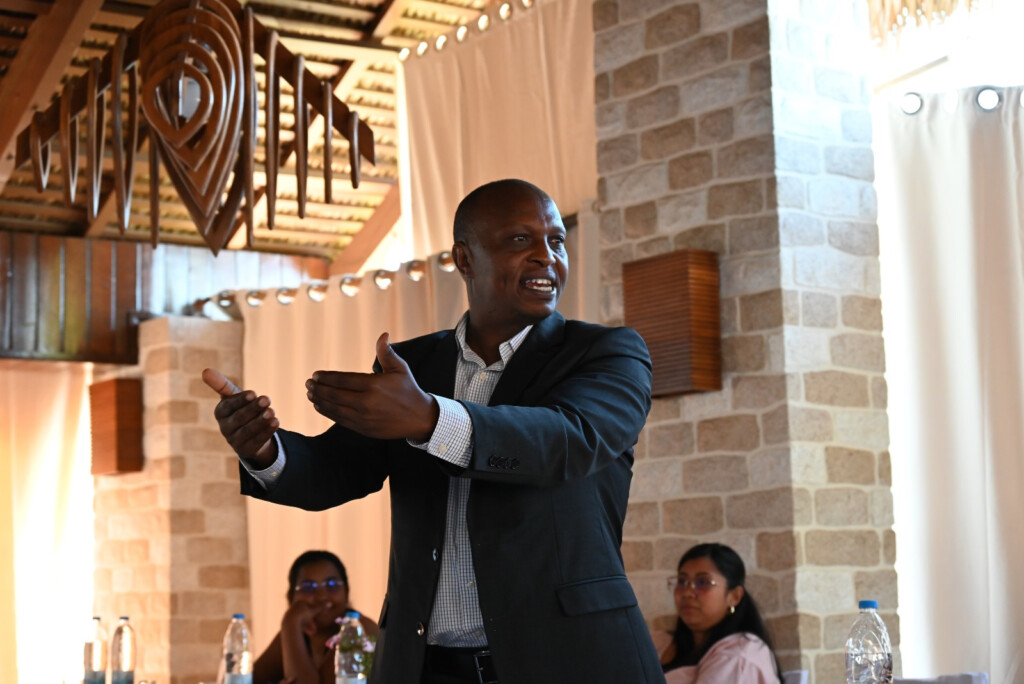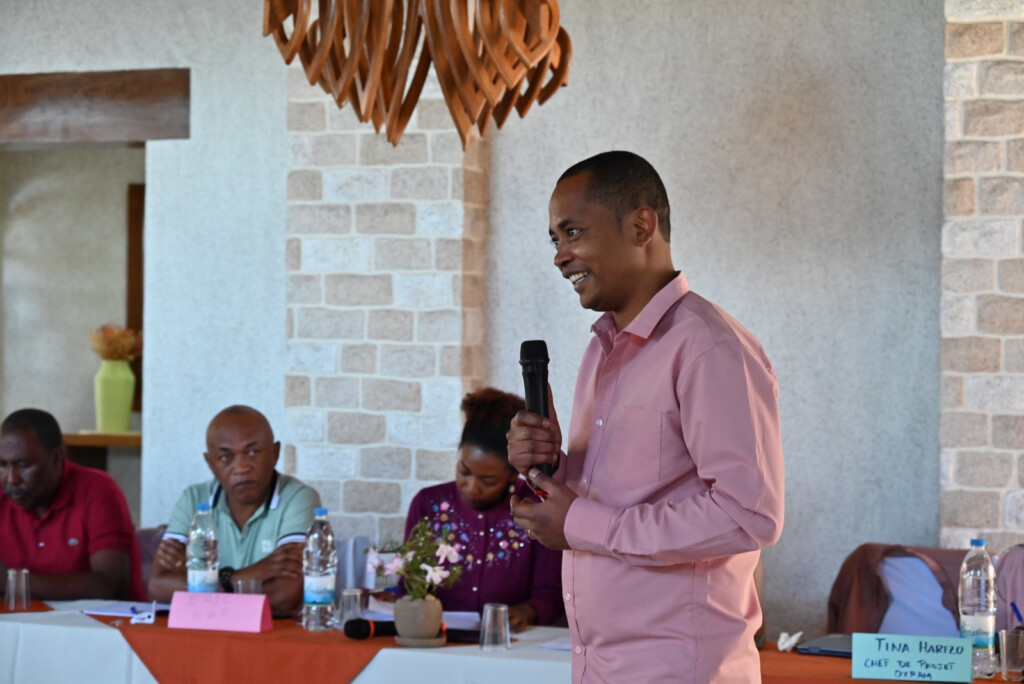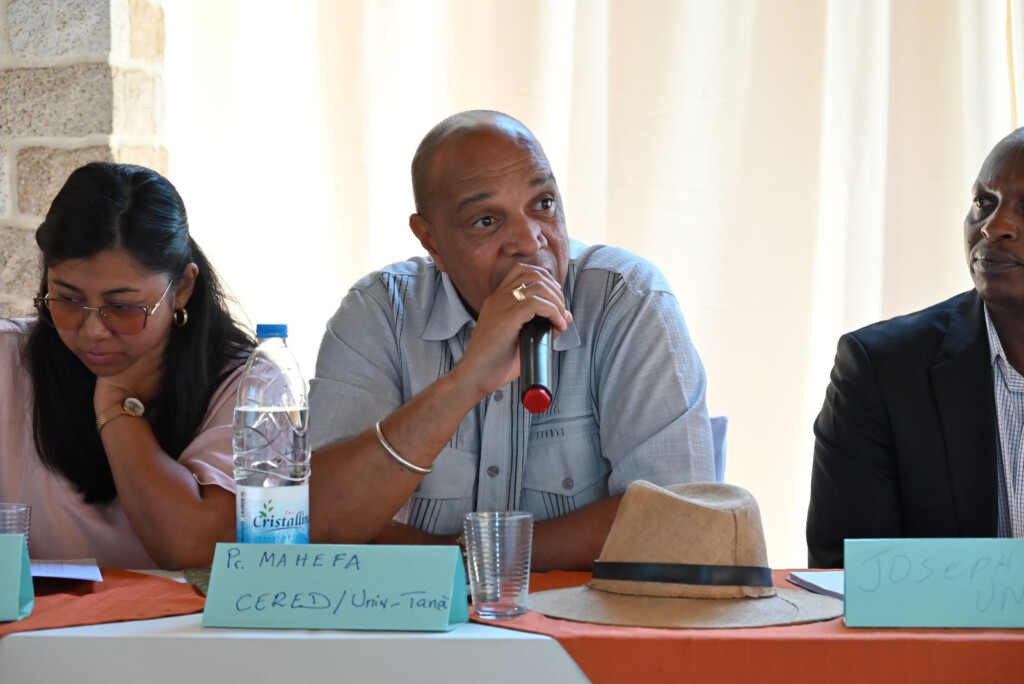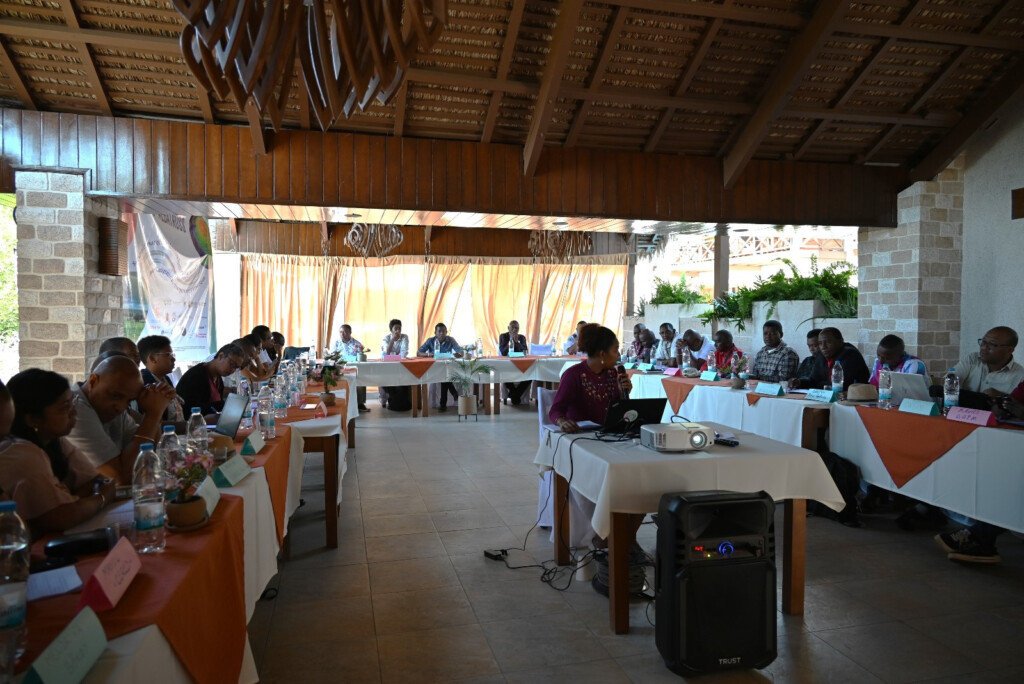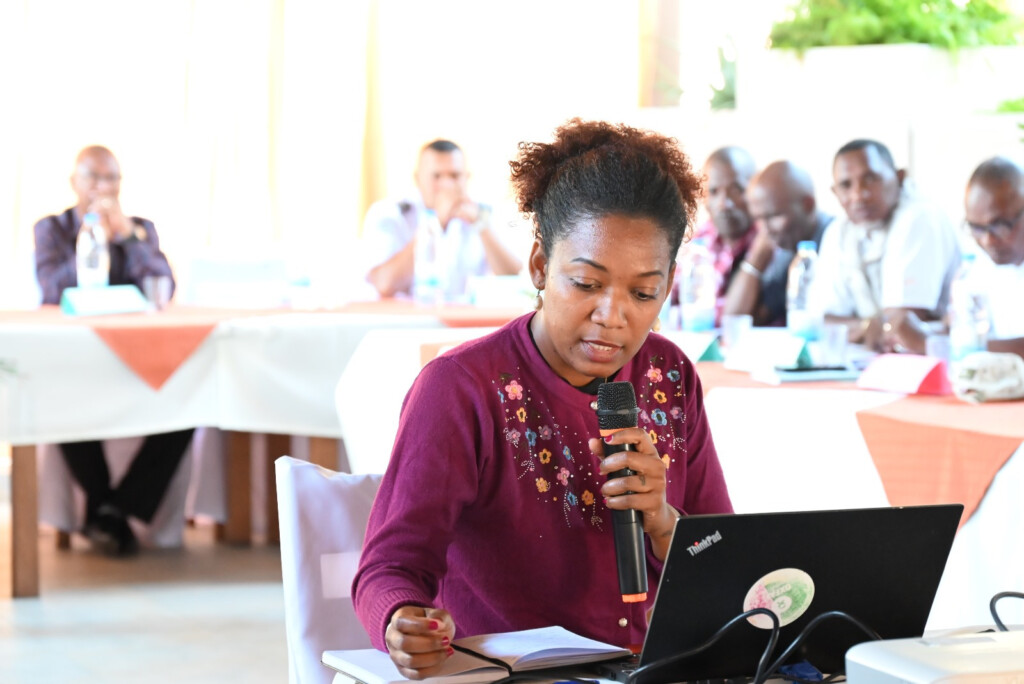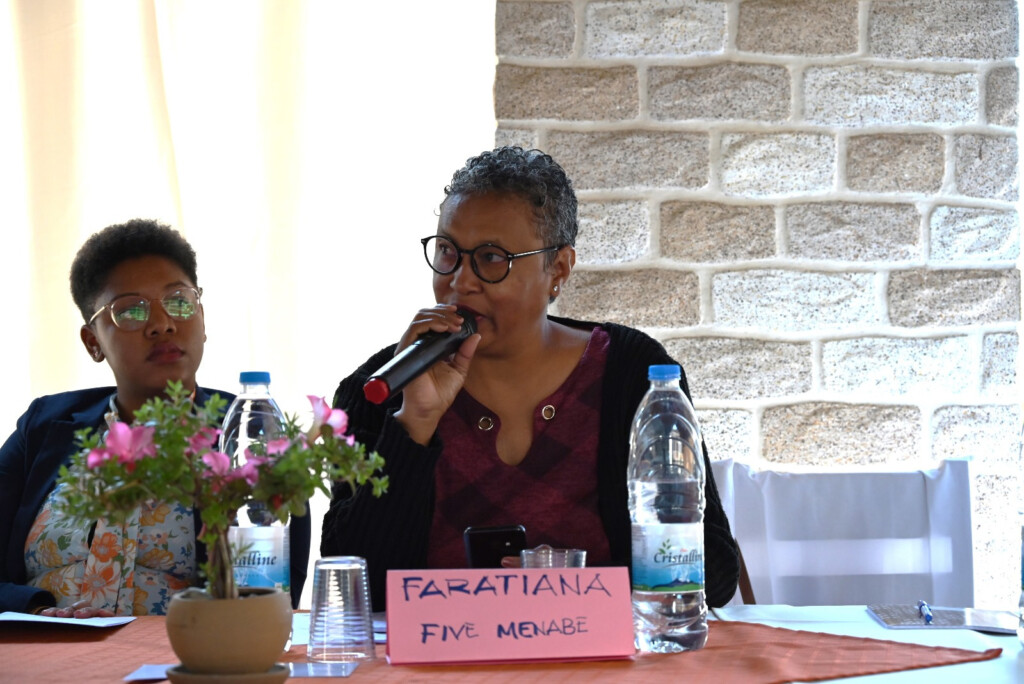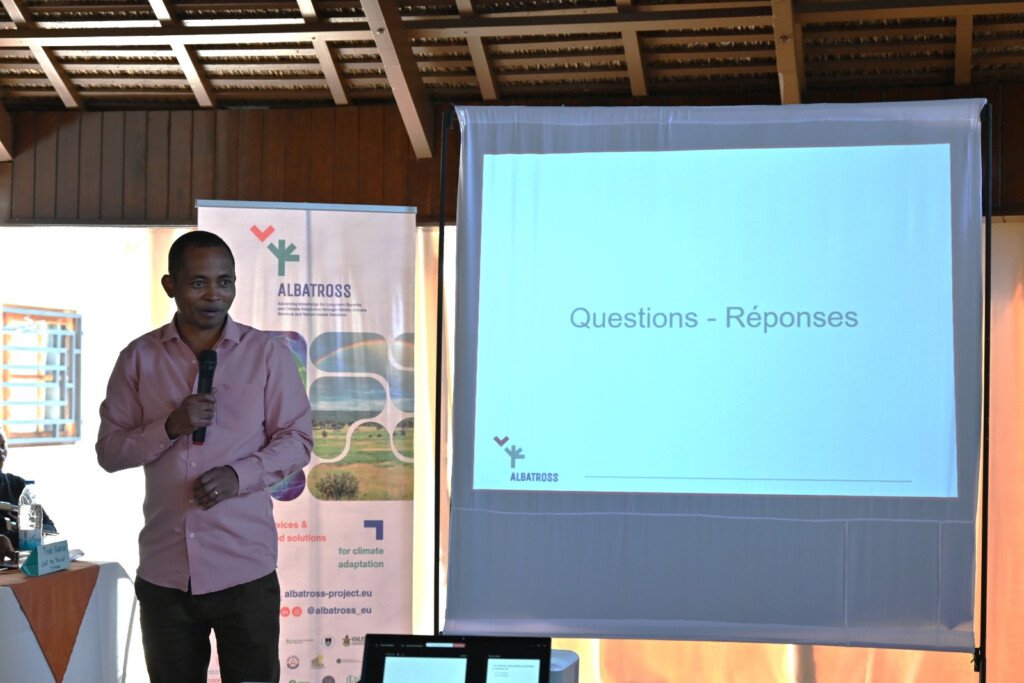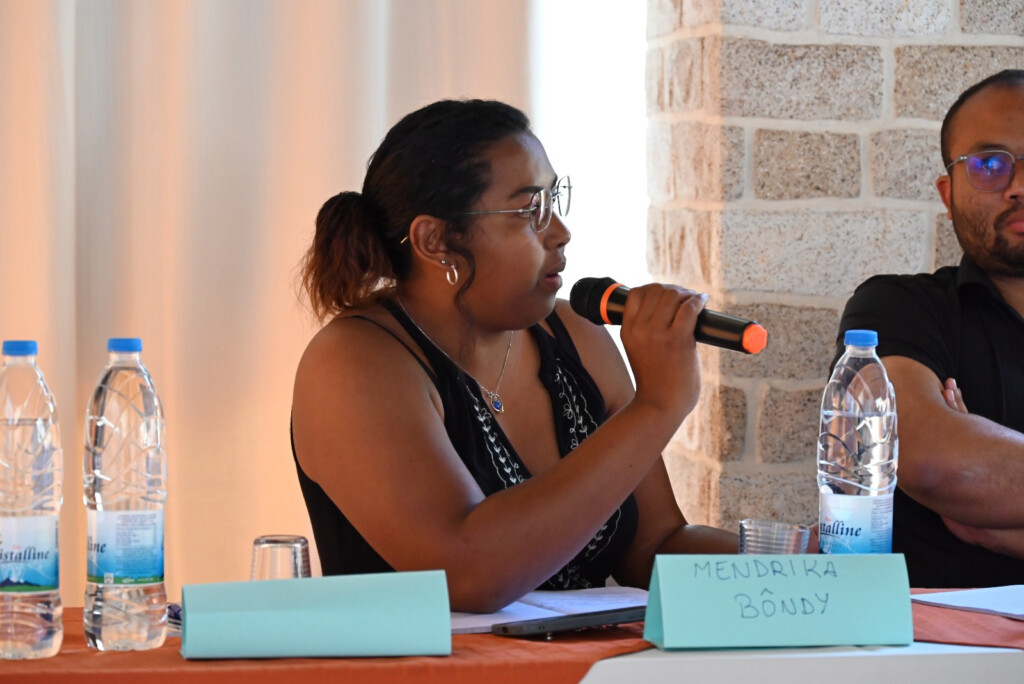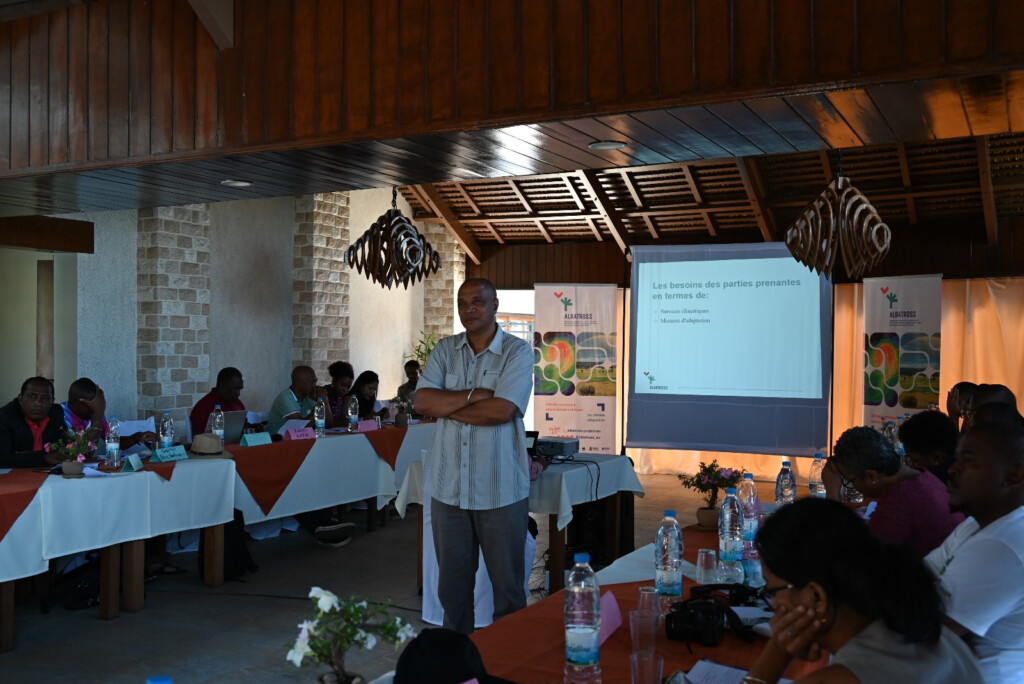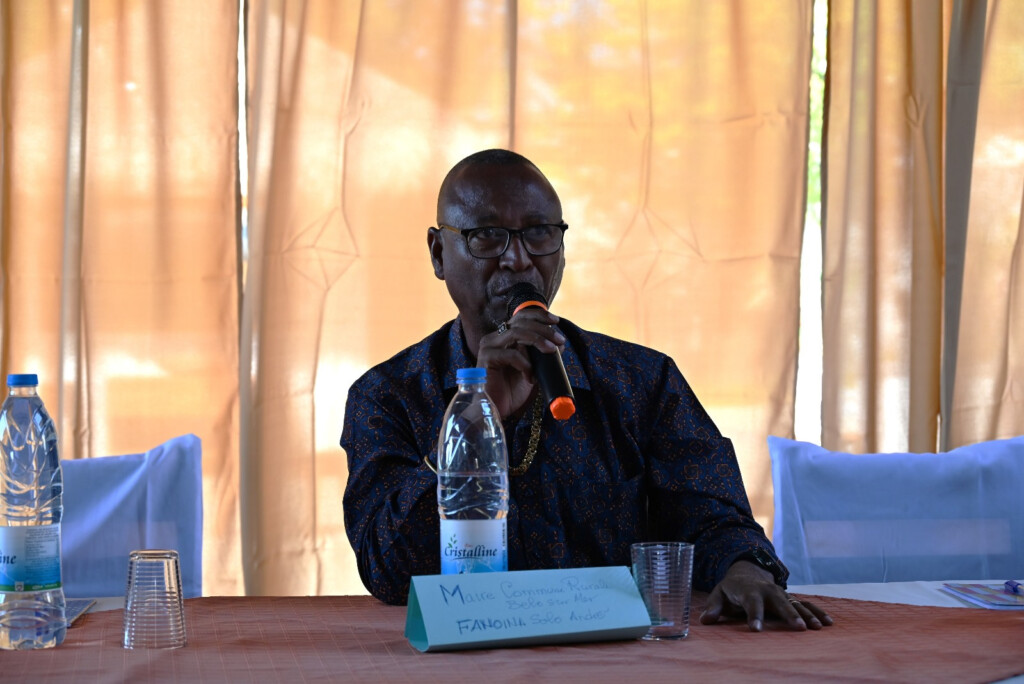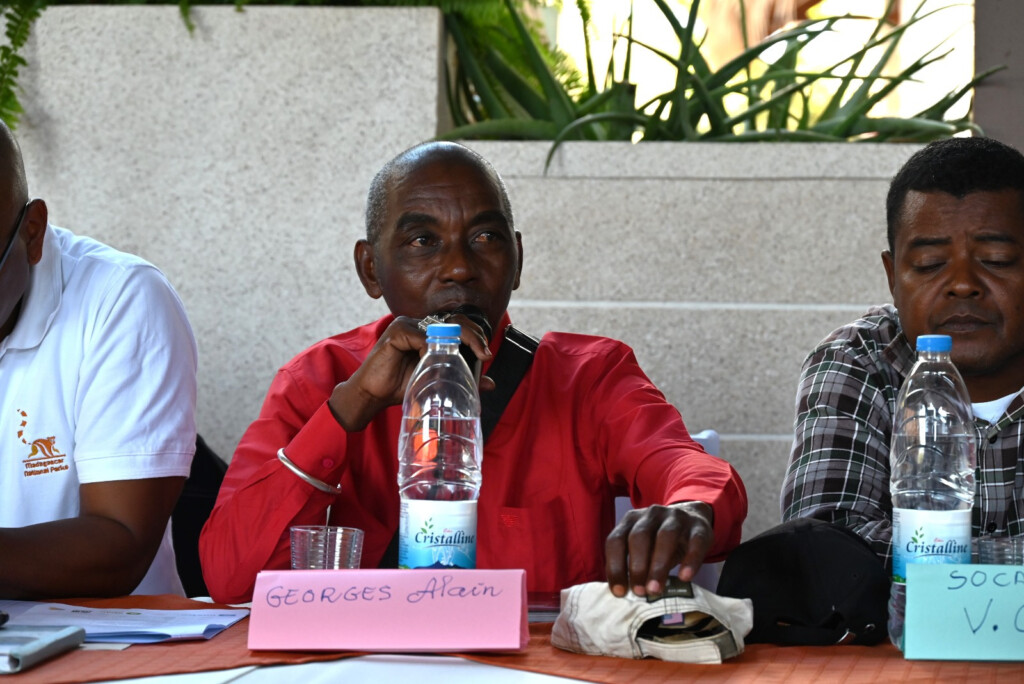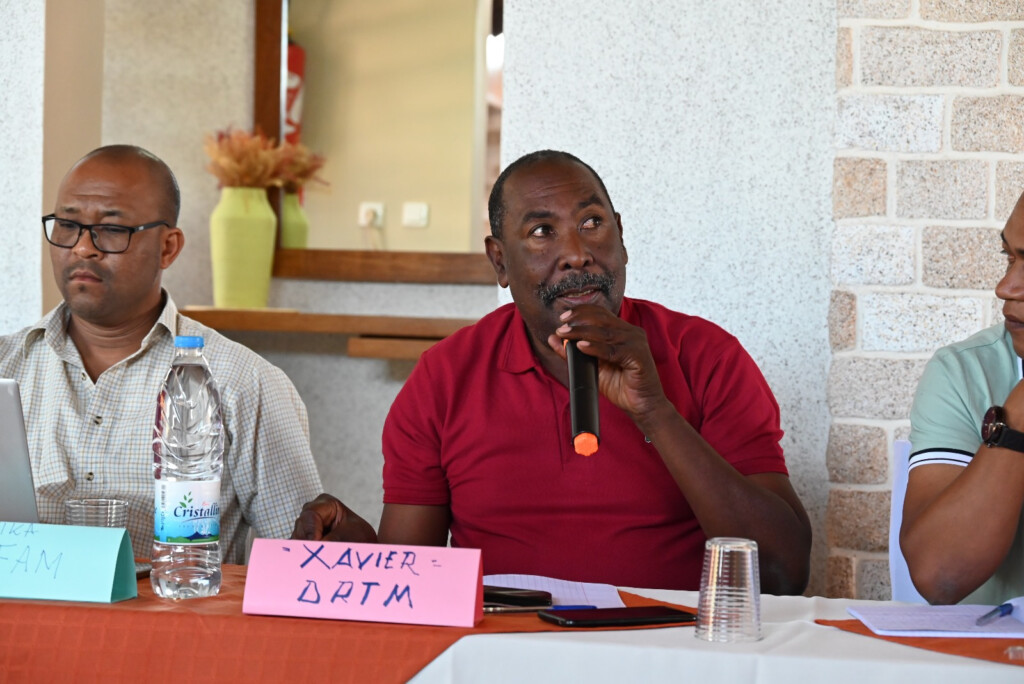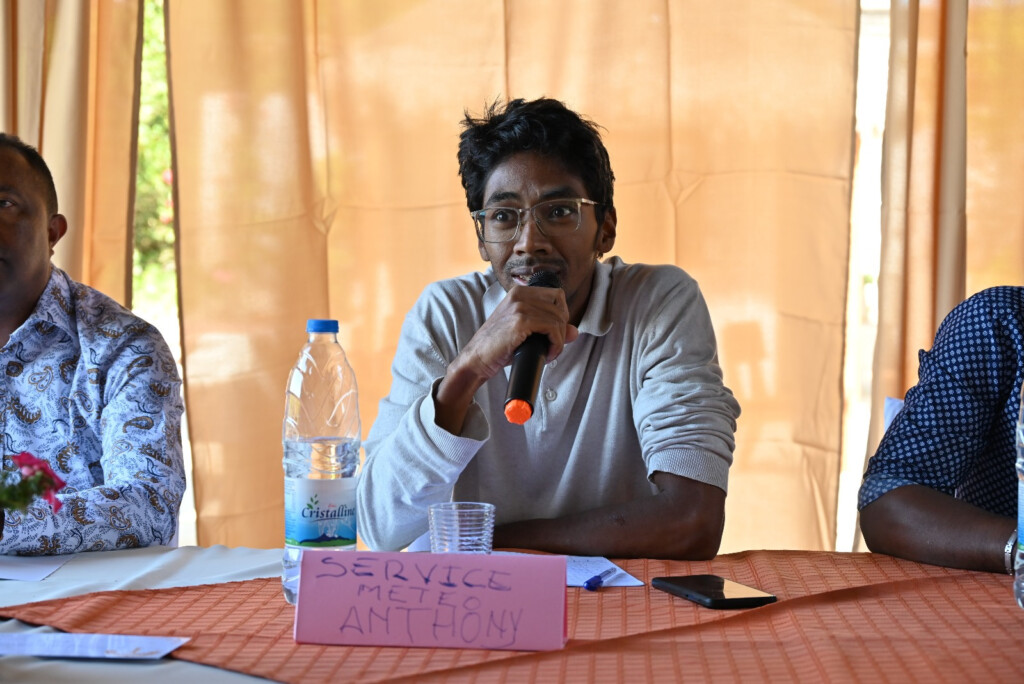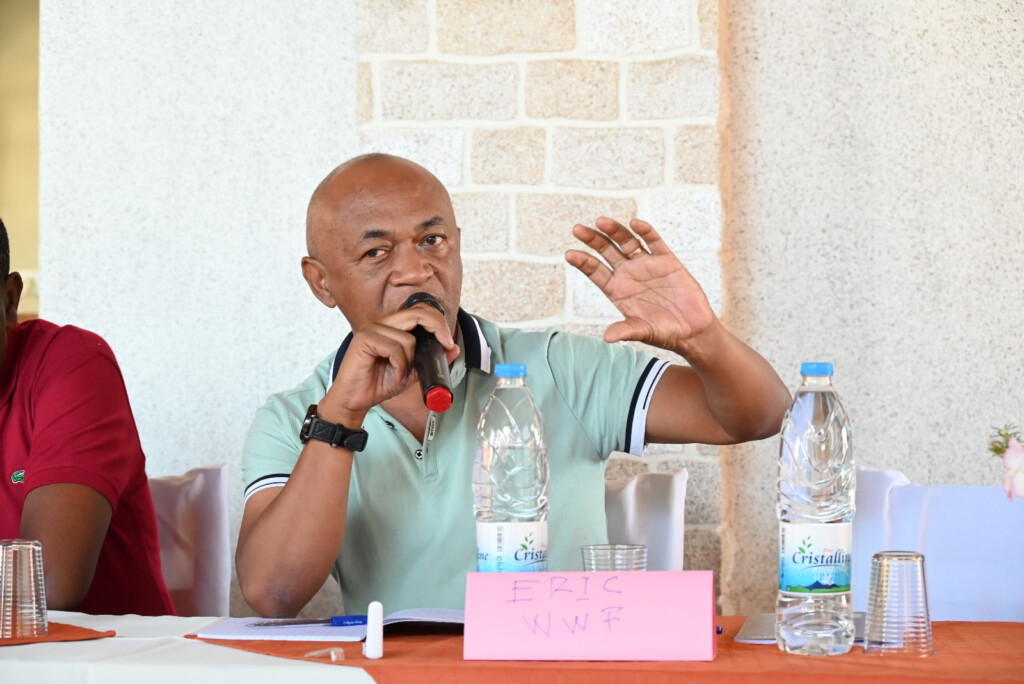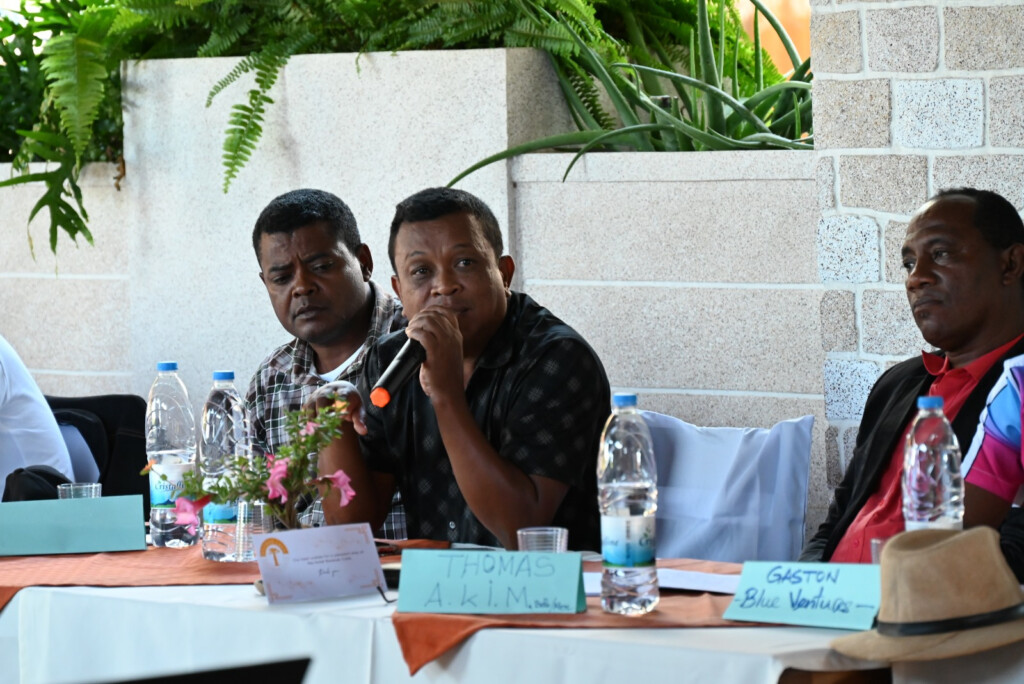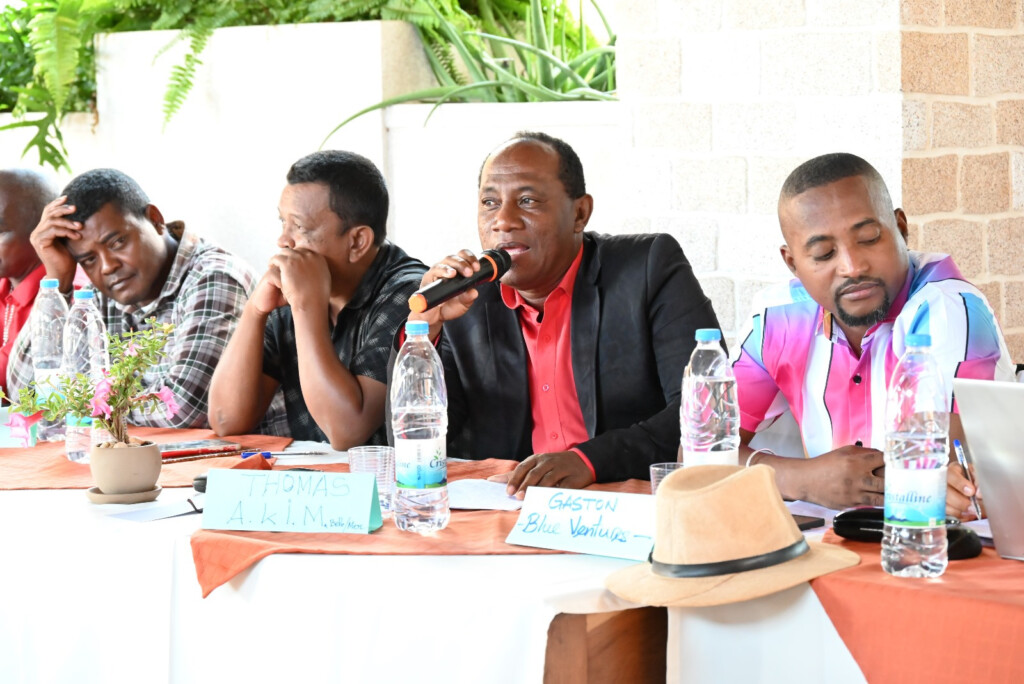ALBATROSS initiates its activity in the Morondava Hub
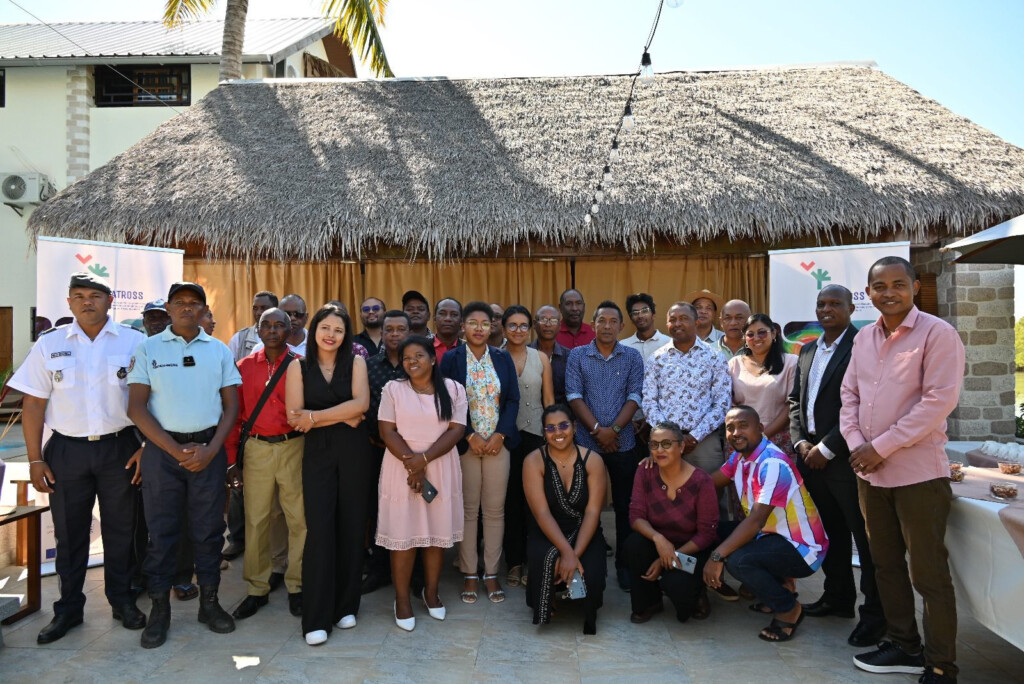
On 16 July 2024 took place the first kick-off meeting of the hubs comprising the ALBATROSS Climate Resilience Network. Partners from UNESCO and OXFAM South Africa hosted the launch meeting of the Morondava Hub, located in the southwest region of Madagascar.
The official opening was made by the project coordinator Laura Leo from UNIBO, followed by institutional remarks by Monsieur Solo Fanoina, the Mayor of the rural community Belo Sur Mer and Monsieur Solofomalala Duval, the Secretary General of the Menabe Region.
Representatives from the two partners coordinating the Morondava Hub presented the overall objectives and approach project as well as the hub where Indigenous communities, local research, and policy organizations will co-create tailored climate solutions together. Christian Monja (OXFAM South Africa) remarked: “We will rely on the Belo sur Mer community and local leadership to guide us in understanding the climate risks in their area and in developing appropriate nature-based solutions tailored to their specific context.” UNESCO representative Joseph Muhwanga highlighted that “the ALBATROSS project will emphasize climate services, integrating both scientific and local knowledge, and Nature-Based Solutions. It will be driven by local stakeholders and focus on upscaling best practices to other areas.”
Partners from Bôndy and CERED, who coordinate and participate in Tamatave, the other hub in Madagascar comprising the ALBATROSS Climate Resilience Development network, were also invited to the meeting, in order to provide a general overview of the work that is going to be made in the country.
Interesting discussions took place among participant stakeholders, representatives of organisations such as the regional platform of civil society organizations FIVE Menabe, WWF, and the meteorological service, intending to identify stakeholders’ needs regarding climate services and adaptation measures; clarify problems specific to the hub and the resulting objectives, needs and interests of the hub, as well as discuss Indigenous know-how on climate services and experiences with stakeholders (what exists, what is missing). Views about existing climate adaptation and nature-based solutions were also exchanged, as well as the contribution ALBATROSS could make.
The meeting finished with the creation of the Local Project Team.
